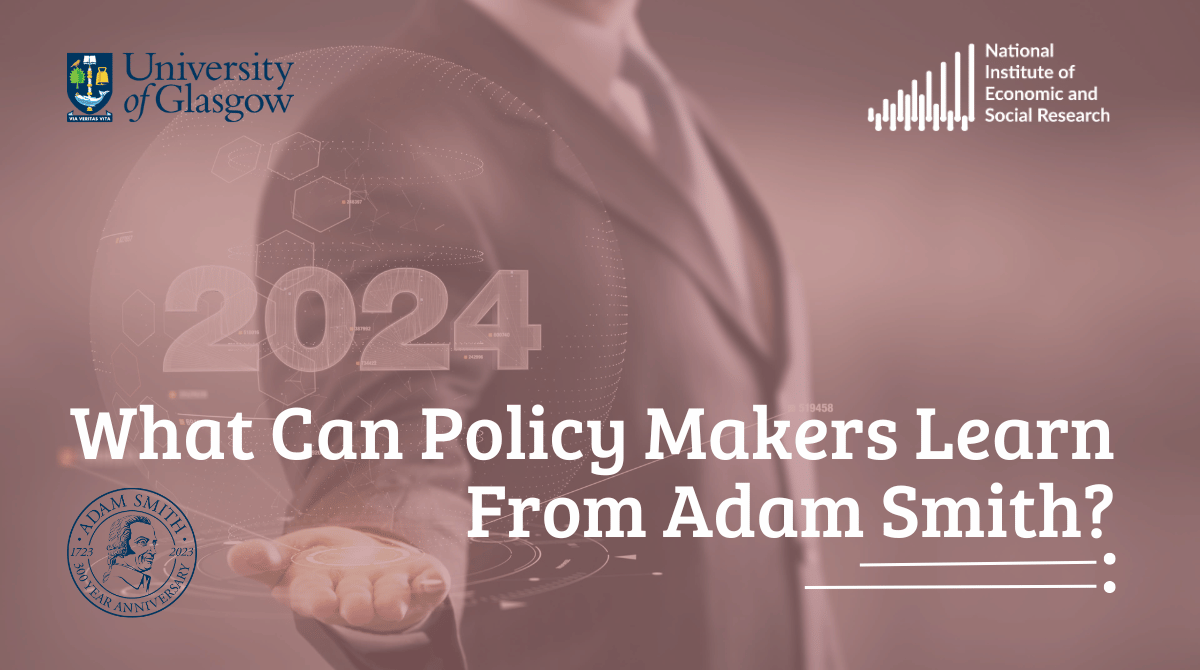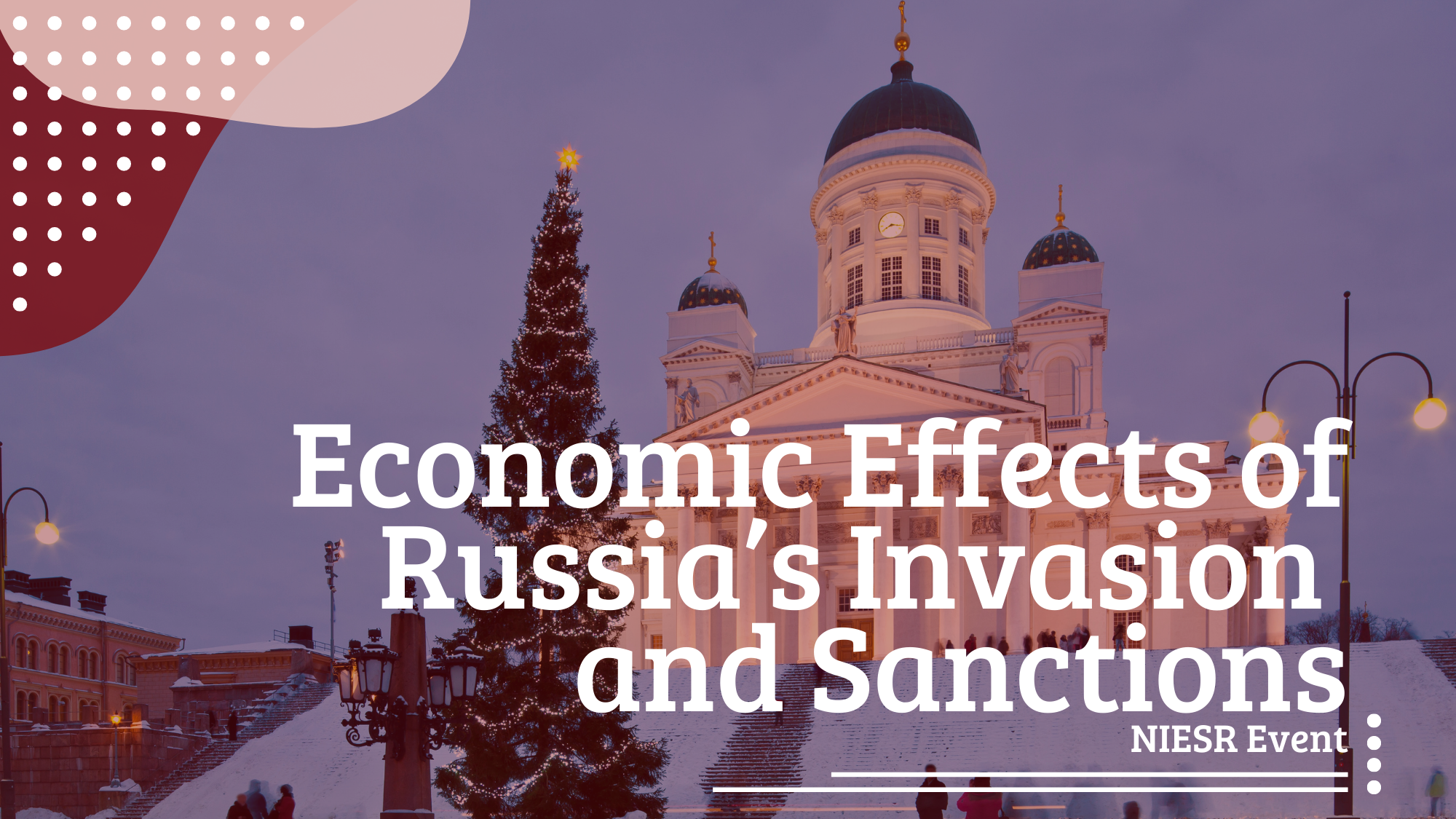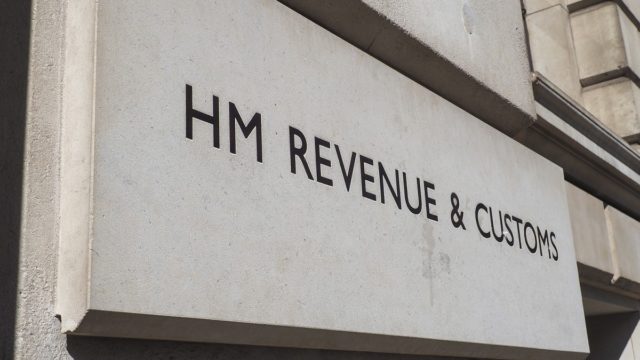- Home
- Publications
- The Economic Impact Of Brexit-induced Reductions In Migration
The Economic Impact of Brexit-induced Reductions in Migration
 Pub. Date
Pub. Date
 Pub. Type
Pub. Type
Authors
Related Themes
Political EconomyTwo issues dominated the UK's Brexit referendum debate: immigration and the economy. But the nature of discussion of these two topics was very different, and to a large extent compartmentalised. During the campaign, there was extensive discussion of the economic impact of Brexit on the UK economy. Detailed projections, under different scenarios for the post-Brexit UK-EU relationship, were produced by HM Treasury, the
IMF and OECD, among others (HM Treasury, 2016; International Monetary Fund, 2016; OECD, 2016).
However, none of these projections incorporated the economic impact of changes in migration to the UK; they focused on trade (and to some extent investment) impacts.
As one of us pointed out at the time, there was little or no analytical justification for this omission (Portes, 2016a). The purpose of this paper is to make progress towards filling that gap, using a broadly similar methodology and approach to that used in the trade-based analyses. Our results are therefore, at a high level, comparable.
We analyse the impact of Brexit on migration flows to the UK in both the short and long term, and provide plausible, empirically-based estimates of the likely impacts on growth, employment and wages.
Related Blog Posts

What Can Policy Makers Learn From Adam Smith?
Sayantan Ghosal
Graeme Roy
11 Mar 2024
5 min read

Reflections on the 2024 Spring Budget: What Was and Wasn’t Addressed
Monica George Michail
Stephen Millard
11 Mar 2024
5 min read

How the Chancellor’s Budget Could Help Households and the Struggling Regions
Arnab Bhattacharjee
Robyn Smith
Adrian Pabst
04 Mar 2024
6 min read

Adam Smith’s Division of Labour in Today’s World of Global Markets
Diane Coyle
25 Jan 2024
4 min read
Related Projects

Related News


Related Publications

Pay-Setting Among Employers in the Agriculture, Cleaning, Hospitality and Retail Sectors
11 Mar 2024
Research Report


Geopolitical Risks and the Global Economy
07 Feb 2024
Global Economic Outlook Box Analysis

Related events

What Can Policy Makers Learn From Adam Smith?

NMITE and the Political Economy of Higher Education – Jesse Norman

Economic Effects of Russia’s Invasion and Sanctions

2022 Deane-Stone Lecture – The Uses and Abuses of Economic Statistics

The Political Economy of Devolution in, and Secession from, the UK

What Next for the Levelling-Up Agenda? Addressing New and Old Challenges in the UK Regional Inequalities Landscape





